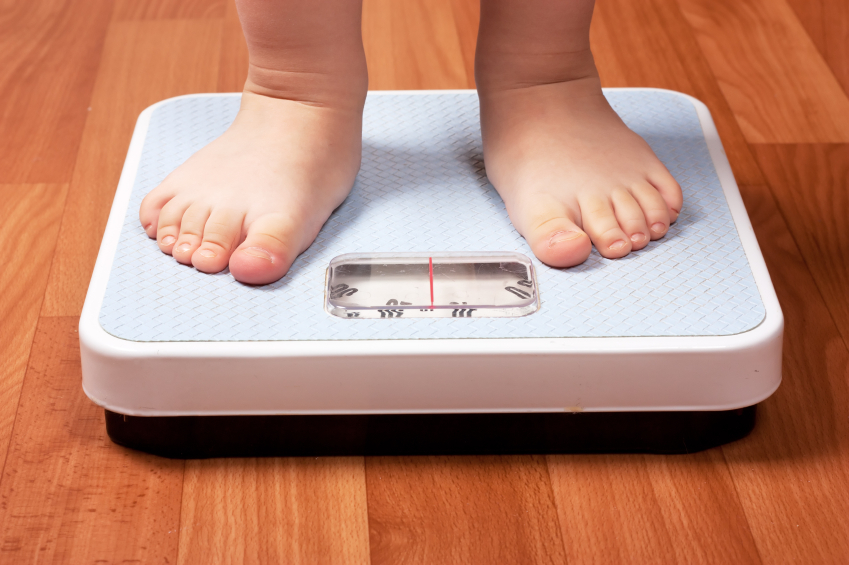
Children who struggle to stay at a healthy weight run an increased risk of developing bowel cancer in later life, research suggests.
A Danish study of more than 250,000 individuals found young people with higher body mass index (BMI) had an increased likelihood of suffering from the illness in adulthood.
It indicated that even if the childhood weight is lost, the damaging effects can potentially carry over into later years.
Examining medical records of people who were born from 1930 to 1972, researchers put BMI scores into categories and found a marked increase in risk in each ascending category.
A comparison between one 13-year-old boy of average height and weight and a second boy who was a similar height but weighed 5.9kg more showed the heavier child had a 9% higher risk of developing the cancer.
Results showed a similar pattern from ages seven to 12.
It is one of the first studies to make the association between childhood obesity and bowel cancer in adulthood.
But the authors stressed it “could not rule out” that the individuals studied had kept their weight on in later years.
The report, which is to be presented at the European Obesity Summit in Sweden, said: “Since no information is available on adult BMI in the present study, we cannot rule out that the results observed are due to continuation of large body size from childhood to adulthood.
“However, if this was the case we would expect to see an increasing risk of bowel cancer with increasing age in childhood, which is not the case.
“It is possible that exposure to excess weight already from childhood increases the risk of bowel cancer.”
The researchers said that their findings highlighted the importance of young people maintaining a healthy BMI.
It added: “BMI in childhood was associated with the later risk of bowel cancer, whereas there were limited indications of associations with rectal cancer.
“These findings suggest that BMI in childhood may influence the risk of bowel, but not rectal cancer in adulthood.”
In total, 257,623 individuals were examined as part of the study – of whom 2,676 were eventually diagnosed with bowel cancer.
READ MORE
Childhood obesity targeted in possible crackdown on unhealthy food ads
‘More evidence of link’ between poor children and later cancer risk

Enjoy the convenience of having The Sunday Post delivered as a digital ePaper straight to your smartphone, tablet or computer.
Subscribe for only £5.49 a month and enjoy all the benefits of the printed paper as a digital replica.
Subscribe